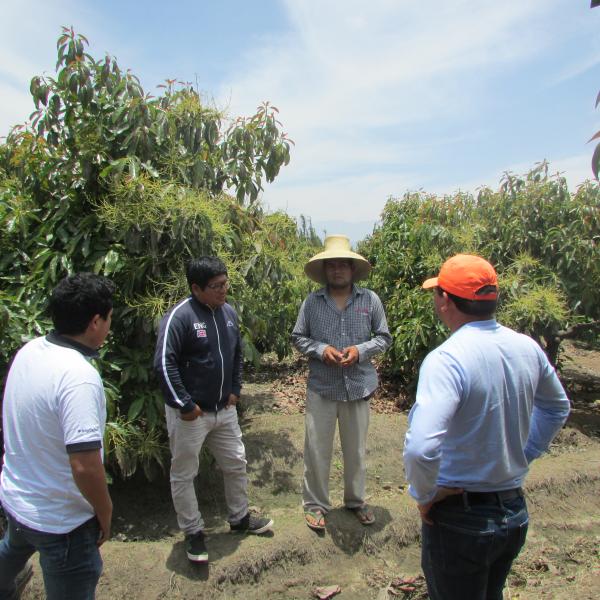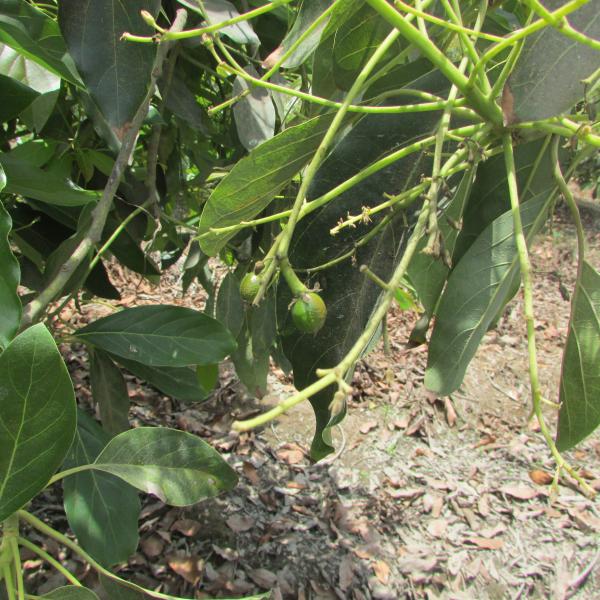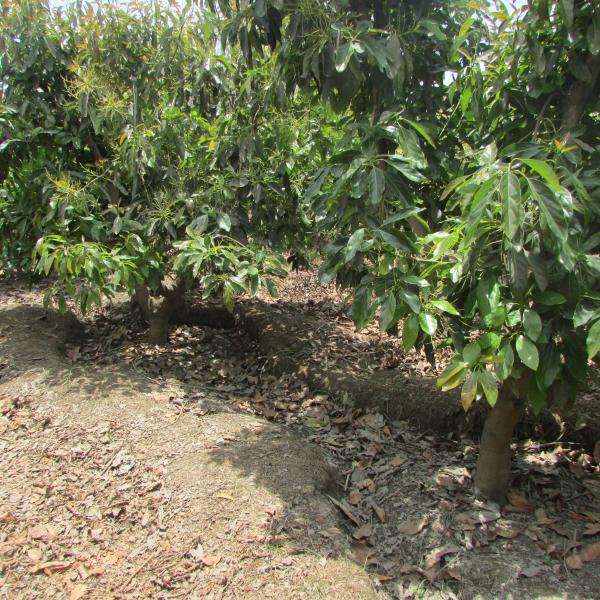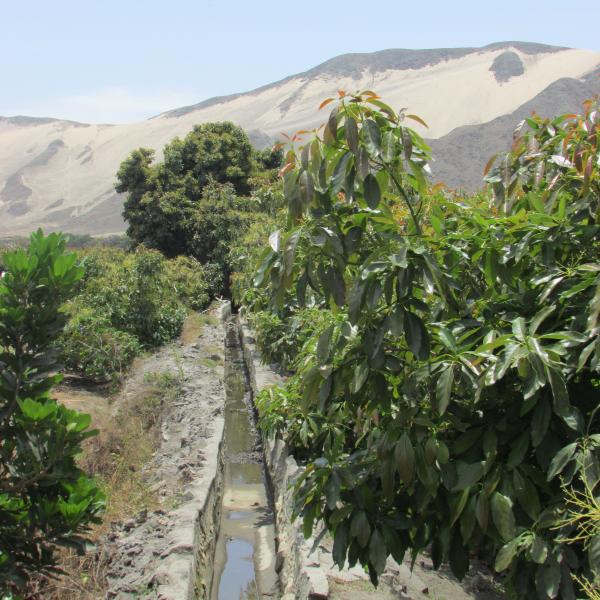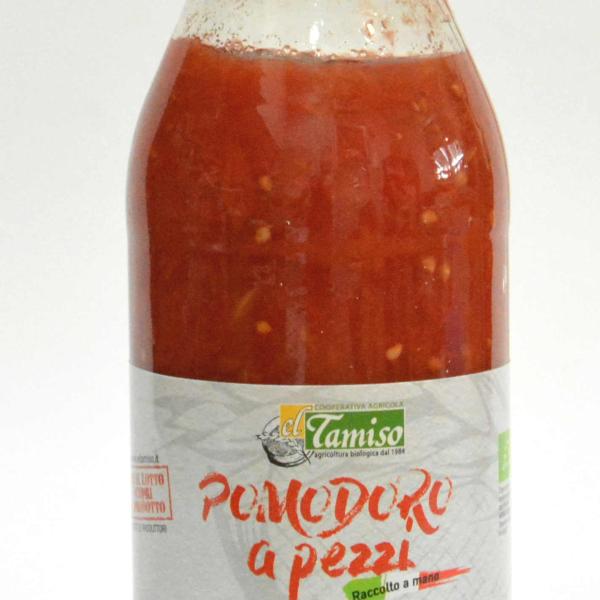In the continuous search for confirmation of the sustainability of the agri-food “supply chains” that bring exotic products back to us, we had the opportunity to visit two small producers in the province of Trujillo, in Peru, who, thanks to Fairtrasa, provide organic Avocado to our cooperative.
Fairtrasa, a social enterprise that supports small local realities, is an important importer since we are unable, due to the volumes of goods, to communicate directly with local producers supported precisely by Fairtrasa Peru, a company founded by Peruvian agronomists.
Also thanks to this visit, we can testify to its actual goodness and effectiveness to guarantee organic productions that are fairly remunerated.
From the interview with small organic producers who are mainly dedicated to the cultivation of PALTA, that is, avocado, it emerged that, in the province of Trujillo
https://maps.google.com/?q=-8.507936,-78.660360, crops have been suffering for several weeks due to persistent drought, small producers declare that they cannot benefit from irrigation projects that primarily serve large companies that cultivate conventional asparagus and blueberries for export!! This is one of the reasons for the need for associations of small organic avocado producers to organize and collaborate with Fairtrasa agronomists, who carry out “alternative irrigation” projects and the construction of wells. The producers visited thank the ethical consumers who from afar support native productions and guarantee a fair price!
Despite Peru's ethnic and agroecological wealth, the boom in agro-industrial production and exports does not solve inequalities and hunger (National Institute of Statistics, INEI), in 2017, chronic malnutrition affected 12.9% of children under five, more in rural areas (malnutrition 25% and anemia above 50%) than in urban areas (8%), and the highest rate is among children with mothers without education or primary education (27.6%) and in children under three (13.6%) (
http://m.inei.gob.pe).
In fact, organic farmers' associations (ANPE) denounce that technified agriculture and exports do not produce labor inclusion in rural areas or guarantee access to healthy food for Peruvian consumers, on the contrary they produce environmental conflicts and the erosion of agrobiodiversity.
Thanks to the commitment of many national and regional organizations, the social impact of ecological agriculture is however increasing exponentially: it reaches many small farmers (32,600 producer members who adhere to the Participatory Guarantee System) and the national market is growing (more than 800 stores of organic products) http://agraria.pe/noticias/anpe-peru-ha-logrado-poner-en-la-agenda-nacional-la-importan-16737.

